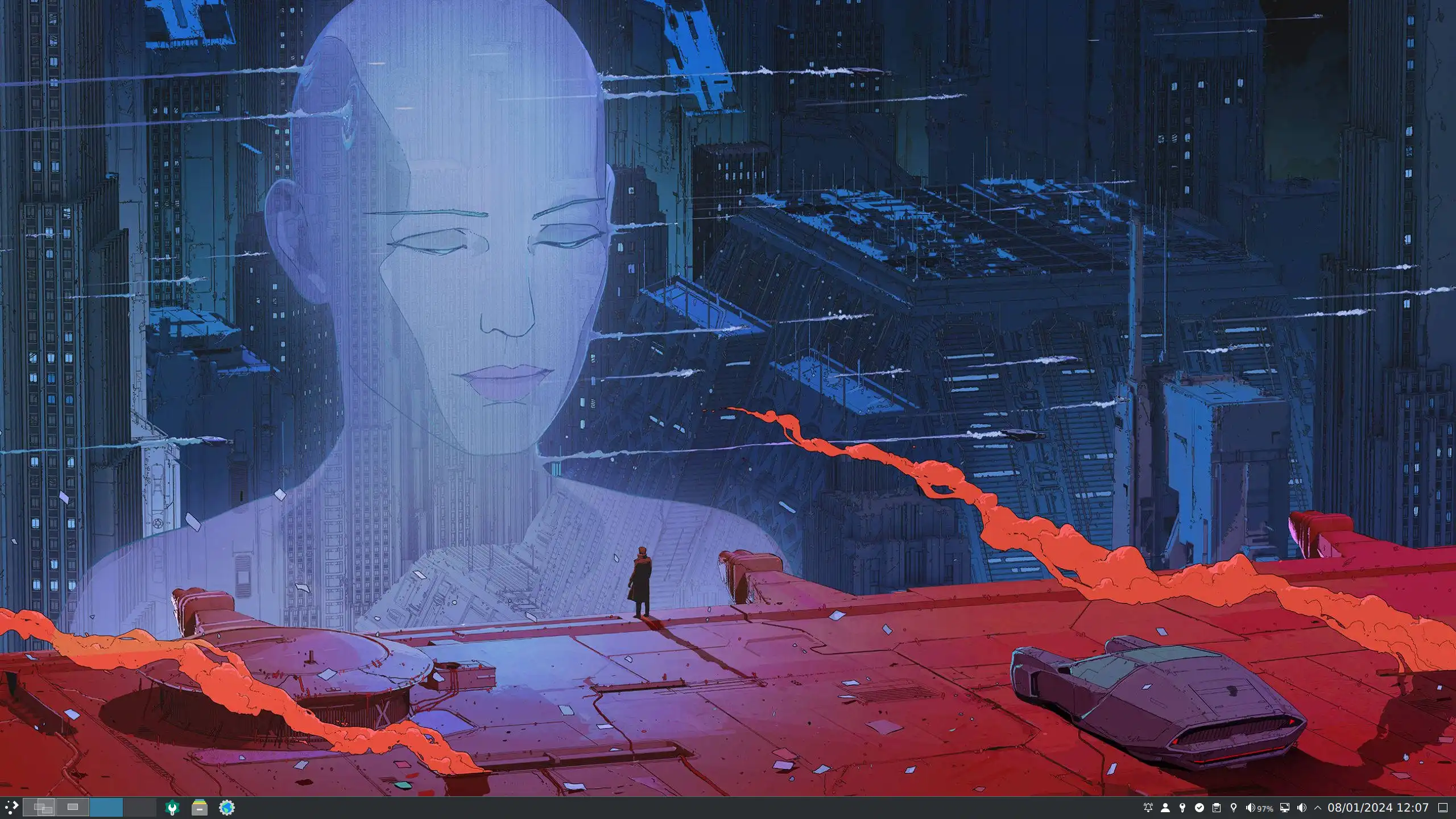

Rafael Sadowski
Don’t be just another brick in a wall
I’m Lead Consultant - Cloud and Applications at Computacenter AG & Co. oHG, I focus on solution development while leveraging over 15 years of IT expertise since 2007. My background spans DevSecOps, Unix/Linux, Software Engineering, and Open Source.
As a UNIX/OpenBSD developer, I prioritize “Secure by Default” principles and open standards. In my role as a DevSecOps advocate, I design and implement resilient software lifecycles that drive security and stability across both traditional and cloud environments. For me, an open development model isn’t just an approach; it fuels my drive to create technologies that are more stable, secure, and forward-thinking.
I’ve always believed in being the one who acts rather than waits. “Shut up and hack” isn’t just a motto—it’s a reminder that real fulfillment comes from creating and building.